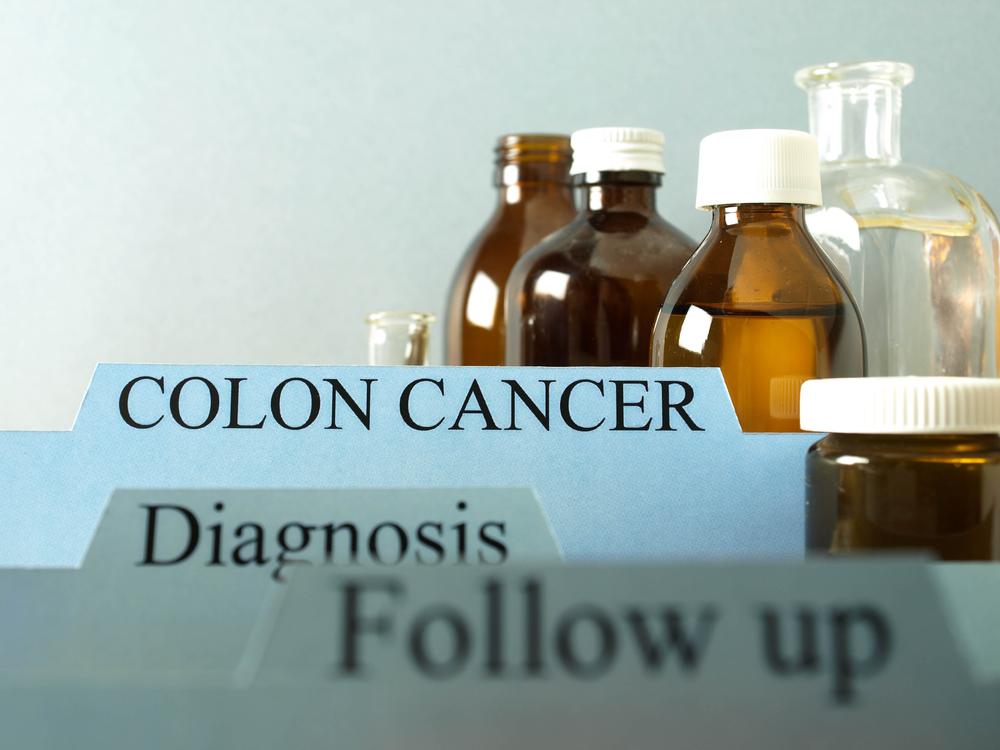
Stages of Colon Cancer: Diagnosis and Treatment
Colon cancer is a form of cancer that starts in the colon, which is the large intestine, and the diagnosis of this disease can be quite a stressful process. There are various stages of colon cancer, from stage 0 through 4. It is important to be aware of the diagnosis procedures and treatment for the different stages of colon cancer.
1. Diagnosis of colon cancer
There are various tests involved in the diagnosis of colon cancer:
- Screening tests
Doctors suggest certain screening tests for colon cancer for healthy people to determine any noncancerous colon polyps or signs of colon cancer. It is essential to diagnose colon cancer at a nascent stage in order to treat it in the best possible manner. Screening helps to decrease the risk of death due to colon cancer. Generally, doctors advise that people who are at risk of contracting this disease should undergo screening tests around the age of 50. However, people with a higher degree of risk, for instance, those who have a family history of this disease, should undergo these tests at an earlier age. There are various screening tests to diagnose colon cancer, but it is recommended to discuss the available options with the doctor and decide on the most suitable one. Using a colonoscopy for screening will help remove polyps before they turn cancerous and pose a threat to the health of the individual. - Blood tests
No blood tests can properly determine whether one has colon cancer, but the doctor may want one to undertake a blood test to get details about their overall health. For this, one may need to undergo liver and kidney function tests. The doctor may also advise a blood test to check for a chemical called Carcinoembryonic Antigen (CEA), which is produced in high amounts by colon cancer. If CEA is tracked over a period of time, the chemical level in the blood will help the doctor to know whether or not the person is responding to the treatment. - Colonoscopy
A colonoscopy uses a slender, flexible, long tube attached to a monitor and a video camera to monitor the rectum and colon. In case any suspicious areas are found, the doctor may take biopsies (tissue samples) for analysis and remove the polyps.
2. Treatment across various stages of colon cancer
- Stage 0
In this stage, during a colonoscopy, a polypectomy is performed to eradicate all the malignant cells. Excision can also be performed if the cells have impacted a bigger area. - Stage I
Surgery is performed to remove the impacted area of the colon and nearby lymph nodes. This is referred to as a partial colectomy and may include rejoining the colon parts that have remained healthy. - Stage II, Stage III, and Stage IV
The treatment measures for these stages of colon cancer include surgery and chemotherapy, and sometimes radiation as well.



